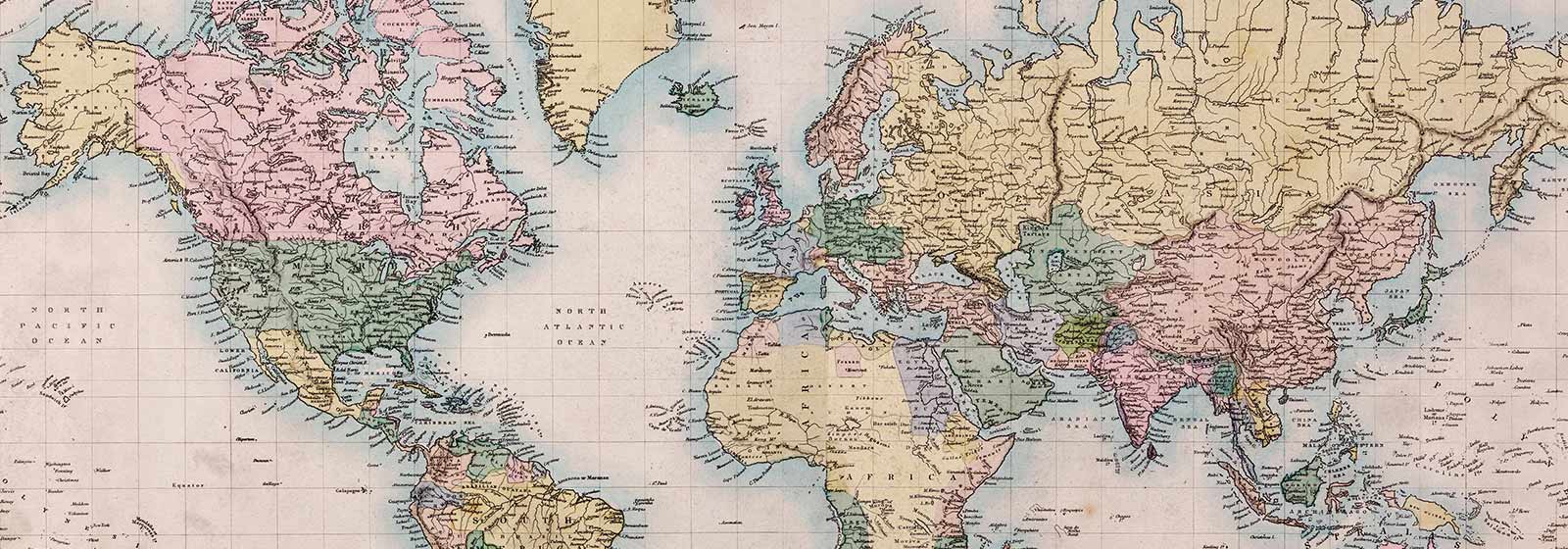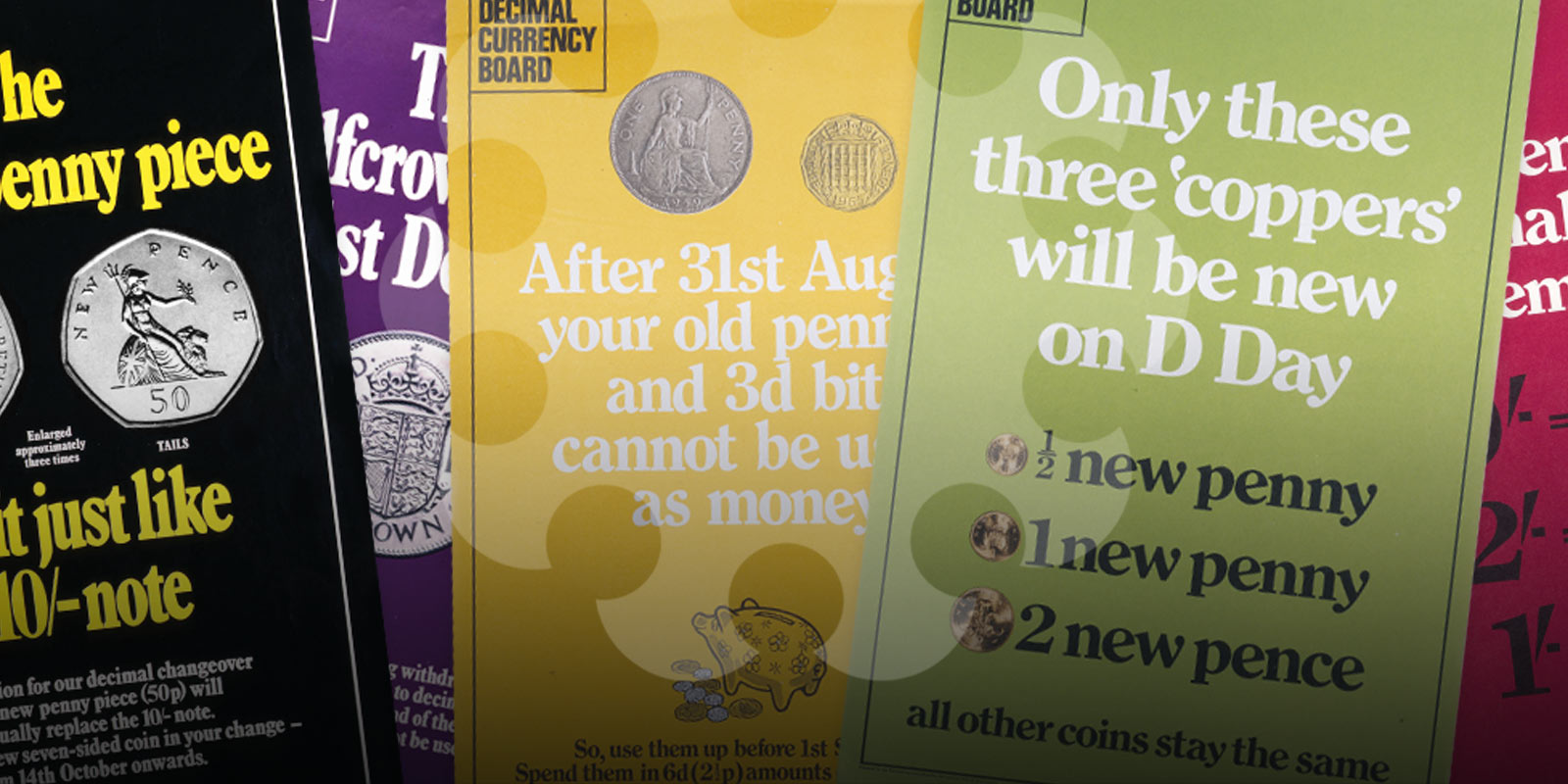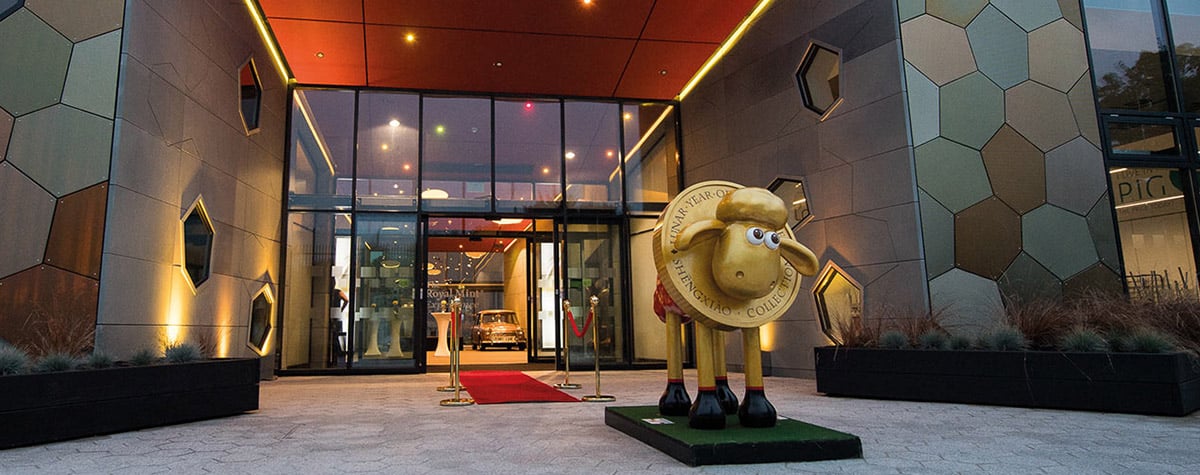
The Deputy Master of The Royal Mint is appointed Ex Officio Engraver of Royal and Government Seals. Over the next century, The Royal Mint creates official seals for the United Kingdom and various countries around the world.

Sir Robert Johnson, a new and energetic Deputy Master, arrives in 1922 and leads a significant increase in The Royal Mint’s export business. Taking it upon himself to travel extensively as a salesman, he picks up orders from wherever they can be found, ranging from the Soviet Union to Guatemala.
Advisory Committee

Established with the approval of George V, The Royal Mint Advisory Committee (RMAC) is formed to raise the standard of numismatic and medallic art in the United Kingdom and is expected to ensure that coin designs meet high standards of art, decency and good taste.

The Royal Mint moves from Tower Hill to a new, purpose-built site in Llantrisant, South Wales, which is officially opened by Her Majesty The Queen on 17 December 1968. The new facility’s first project is herculean in nature – delivering the billions of coins required for decimalisation.

Decimal Day, also known as ‘D-Day’, takes place on 15 February 1971 and marks a monumental change to the UK’s currency. The new monetary system involves changing from 240 pennies to 100 pennies to a pound. Years of meticulous planning and a national public information campaign makes the changeover a huge success.
its Final Coin

Following the UK’s switch to a decimal currency, coin production gradually shifts from London to The Royal Mint’s new facility in South Wales. The last coin struck at Tower Hill is a 1974-dated Sovereign.


